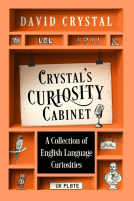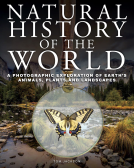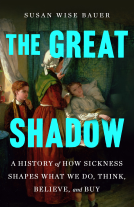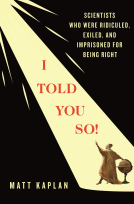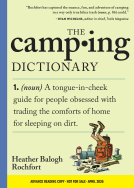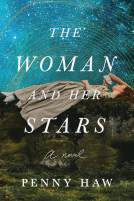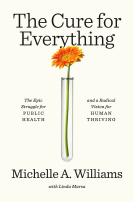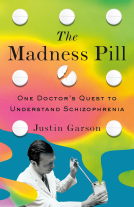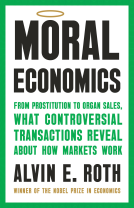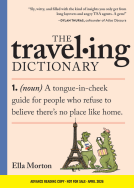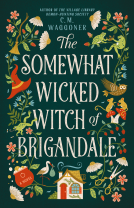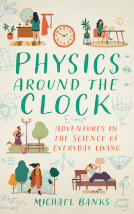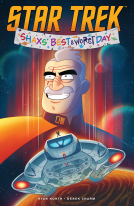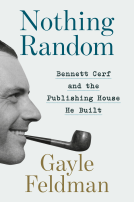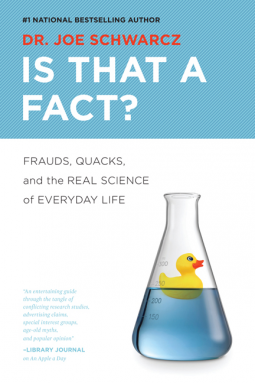
Is That a Fact?
Frauds, Quacks, and the Real Science of Everyday Life
by Joe Schwarcz
This title was previously available on NetGalley and is now archived.
Send NetGalley books directly to your Kindle or Kindle app
1
To read on a Kindle or Kindle app, please add kindle@netgalley.com as an approved email address to receive files in your Amazon account. Click here for step-by-step instructions.
2
Also find your Kindle email address within your Amazon account, and enter it here.
Pub Date May 13 2014 | Archive Date Apr 30 2014
Description
Are GMOs really harmful? Or could they help developing countries? Which “miracle weight-loss foods” gained popularity through exuberant data dredging? Is BPA dangerous or just a victim of unforgiving media hype? Is organic better? Dr. Joe questions the reliability and motives of “experts” in this lighthearted but critical look at what’s fact and what’s plain nonsense.
Available Editions
| EDITION | Paperback |
| ISBN | 9781770411906 |
| PRICE | CA$17.95 (CAD) |
Links
Average rating from 7 members
Featured Reviews
Science lessons in short snippets (5 stars)
Author Joe Schwarcz packs a lot of material into a small space. There is no fluff or dilly-dallying here. Schwarcz explains the science behind pseudoscience. Later in the book Schwarcz also delves into the history of science and does a very credible job in this area. Those of us well-acquainted with science will appreciate the author’s humor and derisiveness about pseudoscience. Those less familiar with science but are open minded will learn a lot and should definitely read this book. I fear that the people who most need to read this book won’t or even if they do, will be unwilling to accept the message about real science. I strongly recommend this book to people who are confused about how science and pseudoscience appear in the mass media and who want to learn more. I also recommend this book to people who like science and just want to see it from a different perspective.
 Jan H, Reviewer
Jan H, Reviewer
The last few chapters seemed a little random, but overall this should be something everyone should read. Really.
We're fearing our food. Chemicals. Air. Water. The world is full of media headlines proclaiming the latest danger danger danger headline. And most aren't entirely true. Many aren't at all true.
Reading this with an open mind is a start. Don't believe it? Follow the resources, follow the science many claim they have while relying on their opinions and emotions. Easy reading, brings many back to science classes many have forgotten (or maybe slept through). The world around us has risk. Salt and water can both sustain/nourish us or kill us, depending on the amount.
What we believe is powerful. Is it true...is it science, that's often a different answer. I viewed it through NetGalley, but as an herbal/heirloom/heritage mindset, there's a lot to like here. Even if we don't always agree. :-)
(Amazon)
Readers who liked this book also liked:
Alvin E. Roth
Business, Leadership, Finance, Health, Mind & Body, Politics & Current Affairs
Ryan North; Derek Charm
Comics, Graphic Novels, Manga, Entertainment & Pop Culture, Sci Fi & Fantasy

